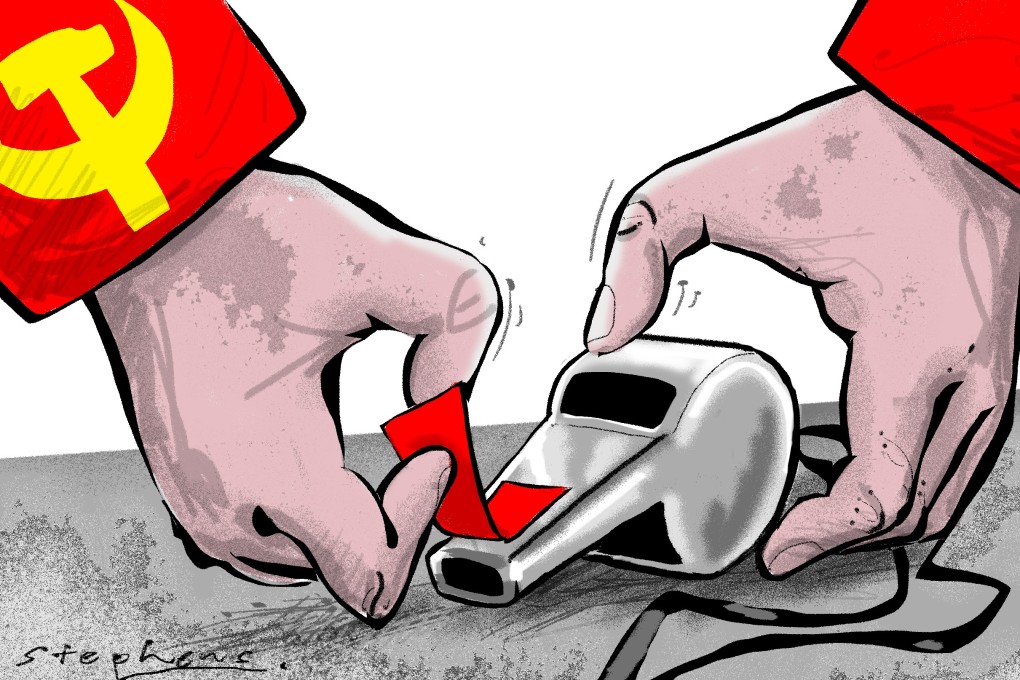Opinion | The three mistakes the Chinese government has made in its mishandling of the coronavirus crisis
- Even though the Sars disaster demonstrated the need for greater openness, China has made the same mistakes in the current crisis while expecting a different outcome. Wuhan’s decision to suppress the bad news was particularly dire

Even though the Sars disaster demonstrated the need for greater openness and responsibility, China has made the same mistakes in the current crisis while expecting a different outcome.
However, screenshots of this private chat spread and came to the attention of his superiors. Dr Li’s reward for this simple act of professional vigilance was an order from the hospital to write a letter of self-criticism. The local police also questioned him, saying he had “gravely disturbed social order”.
Dr Li was forced to give affirmative answers to two questions in a statement – “Can you stop your illegal behaviour?” and “Do you understand you’ll be punished if you don’t stop such behaviour? – and to put his red thumbprint on them. With this statement, the virus was allowed to spread unabated for a few more weeks.


